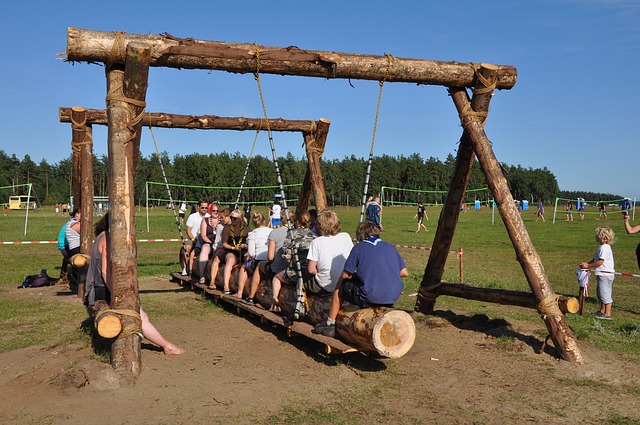
by The Children's Treatment Center | Apr 25, 2022 | General
Dr. Lonette Belizaire works with children, teens, and young adults in our Children’s Center. Her primary treatment approach utilizes cognitive behavioral therapy (CBT), a modality which helps people recognize and change their negative thoughts and behaviors. CBT has...

by The Children's Treatment Center | Jul 17, 2020 | General
We’ve hit midsummer and kids across the country have had to deal with the disappointment of canceled summer camps this year. Now, many school districts are making parents choose between virtual learning this fall or sending their children to school during a pandemic....

by The Children's Treatment Center | Dec 19, 2017 | General
Sometimes it isn’t easy to go through childhood. There’s a big, scary world out there and new activities or experiences can often bring up anxiety in children. But, what if there was a way for your child to experience a new scenario in a safe, nurturing way so they...




